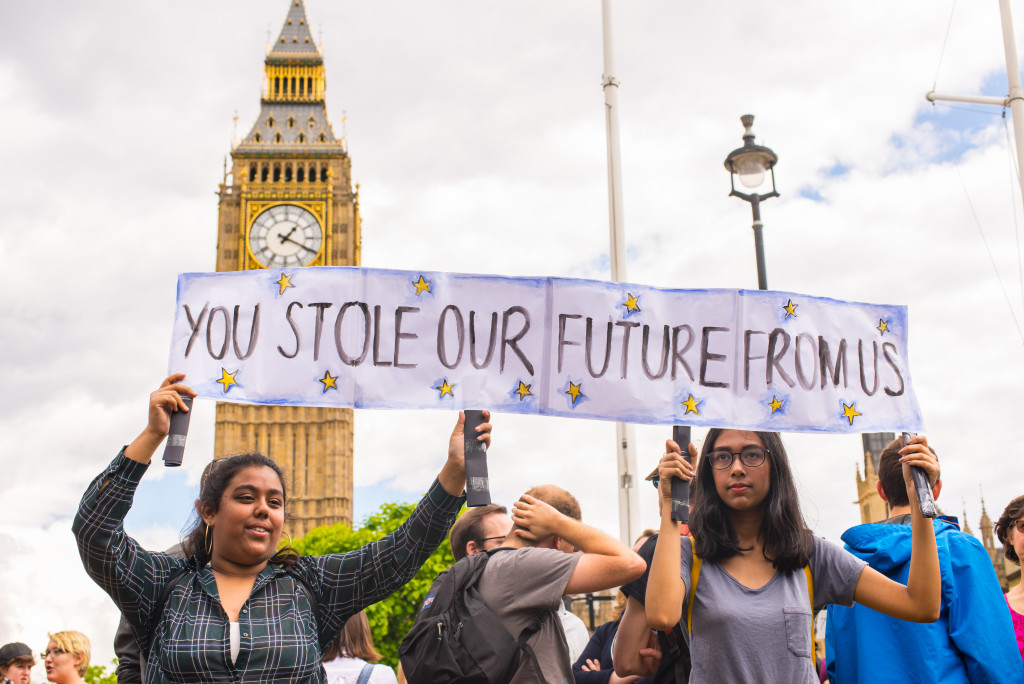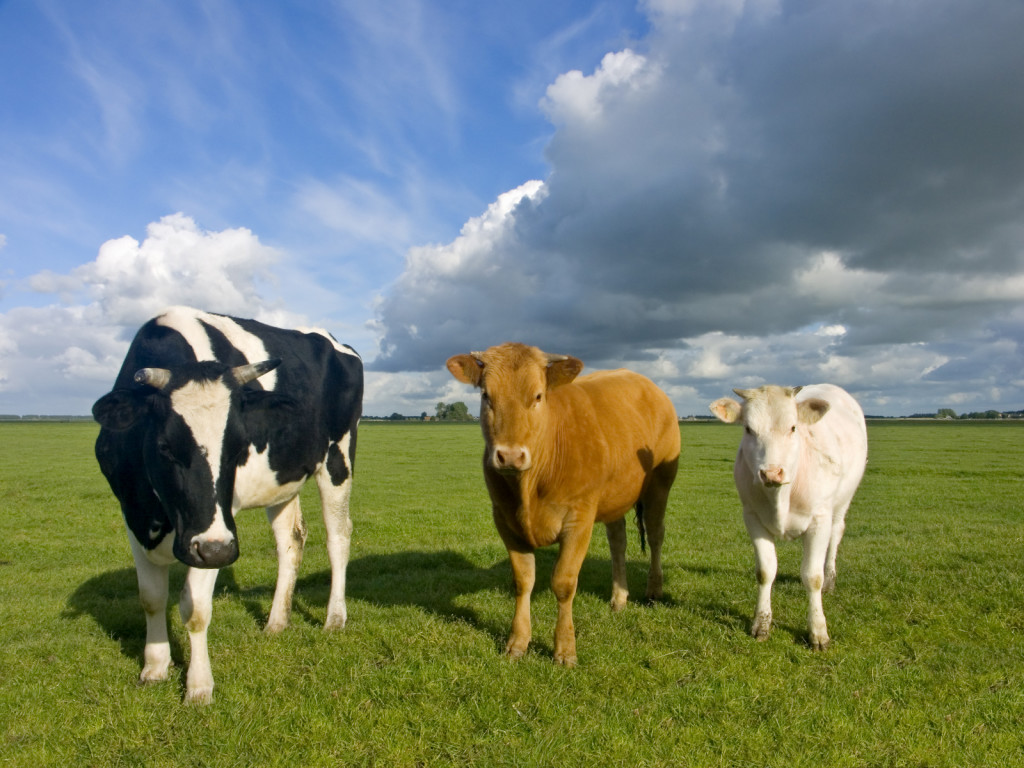
Leadsom faces post-Brexit anger from both farmers and environmentalists
Emily Lydgate, University of Sussex
Andrea Leadsom, the new Secretary of State for Environment, Food and Rural Affairs, faces an unenviable task: putting farmers out of business. Those that survive will rely on advanced pesticides and intensified, genetically-modified crops.
After Brexit, the UK is expected to leave the EU’s Common Agricultural Policy (CAP) whatever arrangement it eventually negotiates (both Norway and Switzerland, for example, have opted out).
At first glance, this seems like something to celebrate. Most agree that the CAP is not a force for the good, and opposition unites everyone from radical environmentalists such as George Monbiot to establishment-friendly free-market newspaper The Economist. CAP payments benefit mostly large agribusinesses and can lead to wasteful overproduction. On a larger scale, it distorts agricultural prices and contributes to global poverty.
Yet direct payments, or subsidies, from the CAP provide more than half of the income of the average UK farmer. Without EU subsidies, up to 90% of UK farms would not survive.
Testing farmers’ true-blue credentials
The referendum campaign created a huge divide among UK farmers. EU subsidies and regulations conflict with farmers’ traditionally conservative economic principles, and some hung their hopes on the UK rather than Brussels.
Indeed, Cameron pledged continued support for farmers in the event of Brexit. However, it is almost guaranteed that, in the medium if not the short term, Leadsom will oversee a huge reduction in subsidies.
The UK government will likely expose its farmers to competition from abroad. As stated in a House of Commons report published just after the Brexit vote, “The UK has always made clear that we would like to move away from subsidies in the long run.” It now has the opportunity to do so.
Also, farming is a small part of the overall UK economy, and not of great strategic importance. This means that the government may use reduction of farm subsidies as a bargaining chip in trade negotiations, so it can get a better deal in its priority areas, such as financial services.
A huge amount hangs in the balance for farmers as they discover their role in the new economic order. Brexit will likely lead to dramatic changes in which crops are viable, and cause a significant number of UK farms to cease operations. Livestock will be particularly hard-hit: without subsidies, many livestock farmers would actually have negative incomes.

Less regulation, more technology
The reduction and streamlining of regulation post-Brexit will be greeted as a victory for many farmers and may make them more competitive. Complying with EU agricultural regulations puts a huge burden on farmers and the government has already identified some as unnecessary “red tape”.
However, this same red tape, viewed from another angle, is beneficial environmental regulation, and many in the green movement embrace the EU’s greater risk-aversion. For example, the UK government has expressed frustration about the precautionary approach that the EU takes to new technologies, particularly new pesticides, while environmentalists generally support these bans. Also, the government and public in England are less averse to genetically-modified organisms than most other Europeans. This suggests that more GMOs will be approved and used in the UK, again angering many environmentalists and alienating anti-GMO Scotland.
Furthermore, as farmers struggle to make up income lost from subsidies, they will need to pursue higher yields and any newly-approved advanced crop technologies, such as pesticides and GMOs, that promise profits.
Counterbalancing this, more than half of the food exported from the UK goes to the EU, making it the most important market for British farmers. In exchange for market access, the UK will probably adopt some EU regulation. Overall, however, environmental campaigners are likely to be unhappy with the UK’s greater risk-taking.
An environmental opportunity?
Some of the CAP’s most vocal critics are environmentalists. Among their critiques is the fact that the CAP has led to poor land management practices. For example, to qualify for rigid payment requirements, UK farmers have ploughed up wildlife-rich pastures.
Both the UK government and the green movement want more emphasis on the environmental benefits that farmers can provide, rather than simply giving them money. This informed the position of most environmental campaigners ahead of the referendum: stay in the EU and try to reform the CAP, as the potential benefits are huge.
Yet leaving the EU, and its common agricultural policy, does provide an opportunity to improve upon its failures. The CAP should be replaced by simpler regulation that supports UK ecosystems and encourages farmers to look after their land. Over the coming months, this is precisely the message that Leadsom needs to hear.
![]()
Emily Lydgate, Lecturer in Environmental Law, University of Sussex
This article was originally published on The Conversation. Read the original article.




